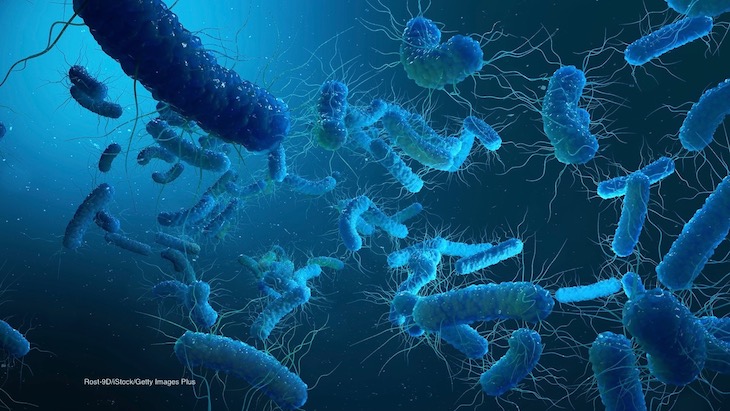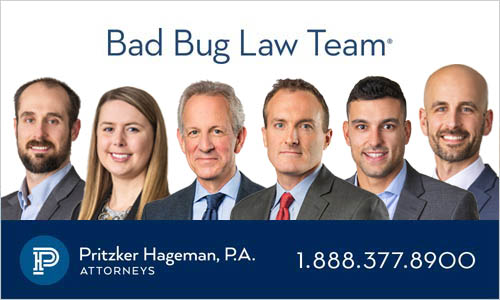According to a notice posted by the King County Public Health Department, there are seven children sick in an E. coli outbreak in King County. All are under the age of 14, and three children are under the age of five. Six of the children have been hospitalized. The source of the pathogen has not yet been determined.

This new E. coli outbreak in King County has illness onset dates ranging from April 17, 2021 to April 29, 2021. The cases were reported to government officials between April 22, 2021 and May 1, 2021. The investigation is ongoing. Officials have not identified any restaurants, foods, or other sources in common among all of these cases. In fact, investigators do not know if the patients even share the same source of the pathogen.
All seven children developed the symptoms of a Shiga toxin-producing E. coli (STEC) infection, including abdominal cramps, nausea, vomiting, and bloody diarrhea. One child has developed hemolytic uremic syndrome (HUS), a type of kidney failure that is a complication of an E. coli infection, and is recovering. A second child may have HUS pending more testing.
Public Health is conducting interviews with the patients and their parents to help uncover any common exposures. They are also working with the Washington State Department of Health to complete testing and to identify possible cases in other counties.
Six of the patients have preliminary tests that indicate infections with E. coli O157 via PCR, and the seventh case has a positive EIA test for STEC. Whole genome sequencing is underway at the Washington State Public Health Laboratory, which may help investigators discover if the patients were infected with the same STEC strain.
Symptoms of a STEC infection are fairly clear, with bloody diarrhea and painful cramps as the most striking symptoms. If you live in the area and you or your child have developed symptoms of this infection, contact your healthcare provider. You or your child could be part of this E. coli outbreak in King County.
Anyone who may be sick with a STEC infection should not work in or attend childcare or school, or work in the food handling or healthcare fields until they have been cleared by Public Health. This infection is spread through contaminated food and drink and can also be spread person-to-person.

If you or a loved one have been sickened with a STEC infection, please contact our experienced attorneys for help at 1-888-377-8900 or 612-338-0202.




